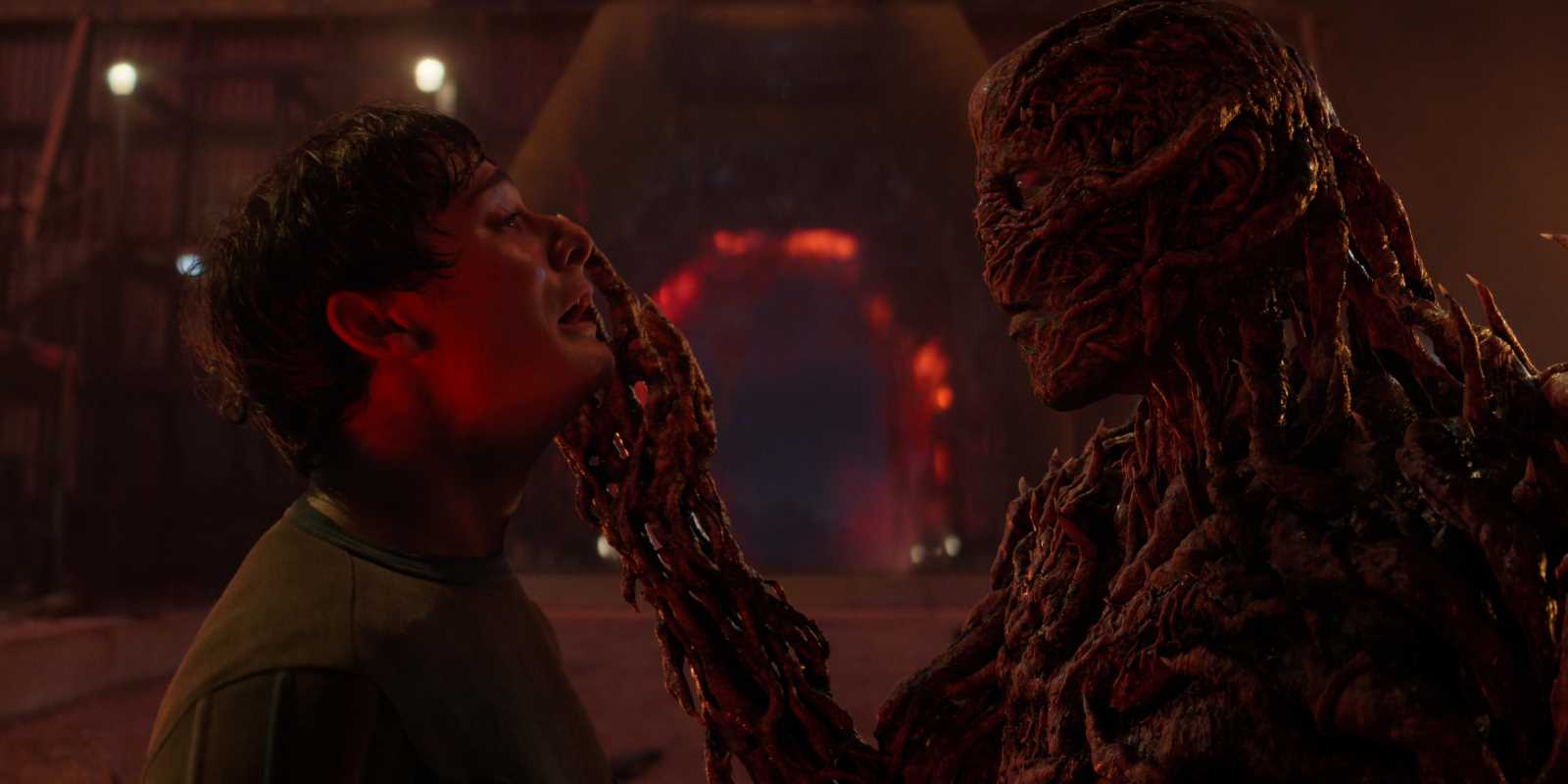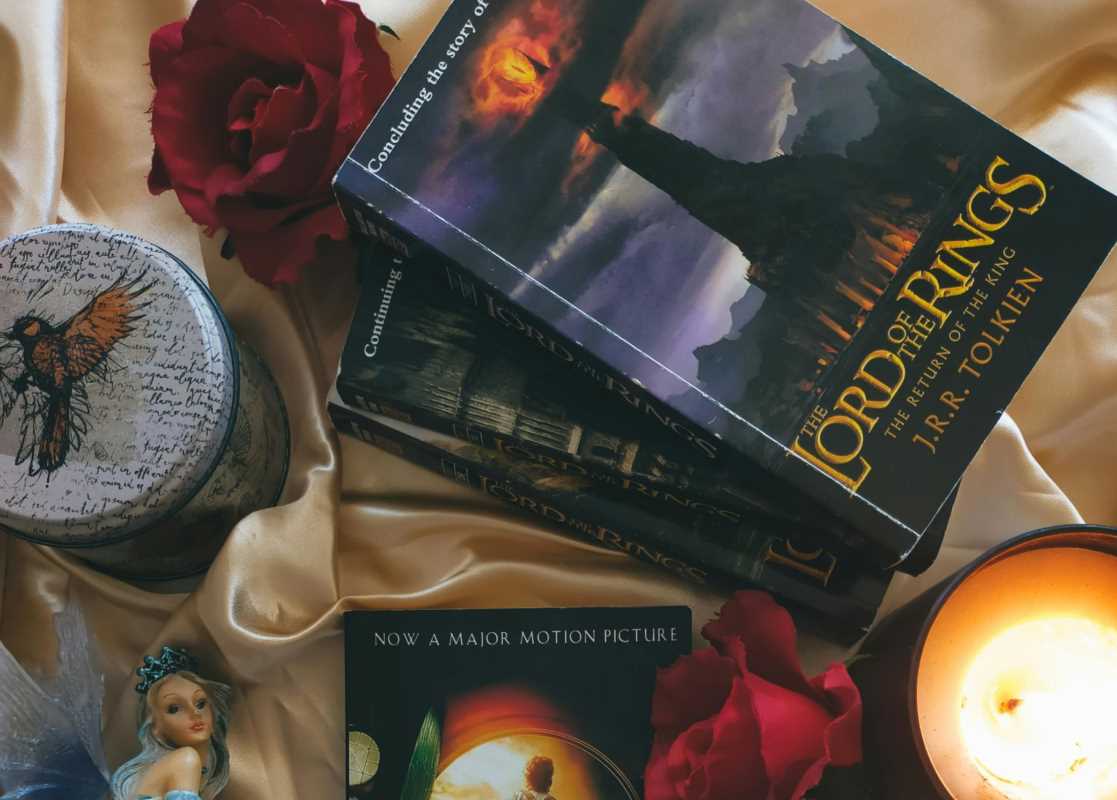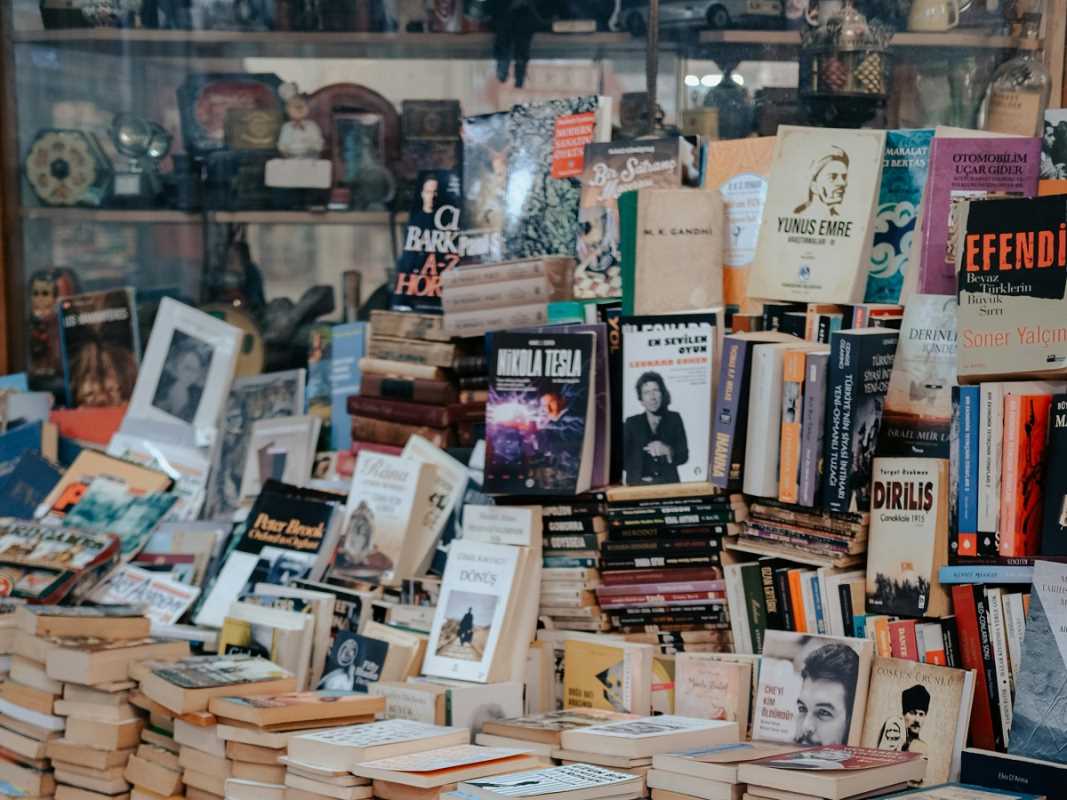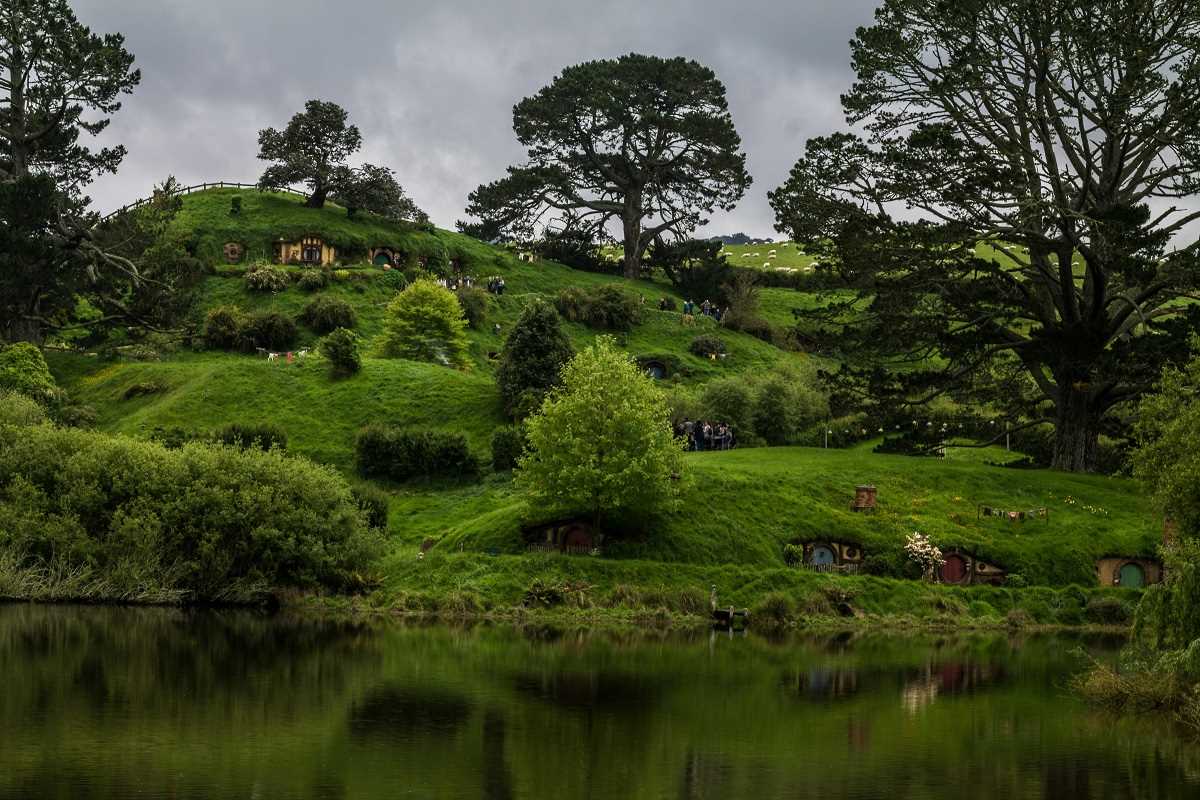Few cultural festivals are as globally recognized (or as fun) as Oktoberfest. Synonymous with lively music, steins of frothy beer, and people decked out in lederhosen and dirndls, this iconic festival goes far beyond just a chance to celebrate. Whether you’ve attended the festivities in Munich or partied at a local Oktoberfest event closer to home, its origins tell a fascinating story about Bavarian history and culture. And today, Oktoberfest is celebrated worldwide, from its heart in Germany to bustling celebrations in the United States and beyond.
If you're curious about how this unmissable event got started and how it’s celebrated across the globe, grab a pretzel, crack open a beer, and keep reading.
The Origins of Oktoberfest
Oktoberfest, at its core, is a 213-year-old Bavarian tradition, and its roots date back to a royal wedding. On October 12, 1810, Crown Prince Ludwig (later King Ludwig I) married Princess Therese of Saxe-Hildburghausen in Munich, Germany. The citizens of Munich were invited to join in the festivities, which included horse races, feasts, and flowing beer. Held in a large meadow that came to be known as Theresienwiese (or “Theresa’s Meadow”) in honor of the bride, the celebration was such a hit that the city decided to make it an annual event.
Over the years, Oktoberfest evolved from a royal celebration to a public one, expanding its offerings to include carnival attractions, musical performances, and plenty of beer brewed by Munich’s traditional breweries. What began as a one-day event in October has since stretched into a 16-to-18-day festival that kicks off in mid-September, taking advantage of the region’s warmer autumn weather.
By the late 19th century, Oktoberfest had become firmly tied to its beer culture. The introduction of massive beer tents and steins brimming with Märzen-style lagers (a smoother, malty brew traditionally brewed in spring and stored through summer) quickly became highlights of the festival, shaping the modern-day experience.
The Significance of Oktoberfest
At its heart, Oktoberfest is a celebration of Bavarian culture. Traditional foods like bratwurst, schnitzel, and pretzels are served alongside beers from Munich’s six historic breweries, including Paulaner and Hofbräuhaus. Music plays a starring role too, with brass bands entertaining festivalgoers with traditional Bavarian folk songs and the occasional modern singalong hit.
For the Bavarian people, Oktoberfest is a nod to their rich heritage and community pride. Many attendees dress in traditional Bavarian attire, with men wearing lederhosen (leather breeches) and women donning colorful dirndls. These outfits were once the everyday clothing of rural Bavarians but are now worn as a way to connect to the region’s history.
On a larger scale, Oktoberfest has become a symbol of good cheer and togetherness. With millions of visitors flocking to Munich every year, it’s a time for people from all walks of life to come together and celebrate, no matter their background.
Celebrations Around the World
While the original Oktoberfest remains rooted in Munich, its influence has spread far and wide. Today, you can find Oktoberfest celebrations happening across the globe, each with its own unique spin on the tradition. Here's how the world raises a stein to this epic event:
Munich, Germany
The epicenter of it all, Munich’s Oktoberfest is unmatched in scale and atmosphere. The festival takes over the Theresienwiese grounds with sprawling beer tents, amusement rides, and food stalls serving everything from roasted chicken (Hendl) to spiced gingerbread cookies (Lebkuchenherzen).
Visitors flock to 14 massive beer tents, each representing a different brewery or theme. The Schottenhamel tent is particularly famous as the site of the festival’s opening ceremony, where the city’s mayor taps the first keg and declares, “O’zapft is!” (“It is tapped!”).
Munich’s Oktoberfest combines tradition and revelry. Local folk bands perform alongside modern acts, families enjoy carnival rides, and serious festivalgoers don their finest Bavarian outfits. If you’re lucky enough to make the trip, plan ahead, as hotels and tent reservations fill up fast!
The United States
Oktoberfest has become a huge tradition in the United States, finding a home in communities with German heritage and well beyond. While no event is as large as Munich’s, several cities throw Oktoberfest celebrations that pack just as much fun (and beer!).
- Cincinnati, Ohio
- Dubbed “Zinzinnati” during late September, this city hosts the largest Oktoberfest in the United States, attracting over 500,000 visitors each year. Downtown transforms into a Bavarian wonderland, offering German-style beer, bratwurst, and the infamous "Chicken Dance," which has become a festival favorite here.
- Leavenworth, Washington
- This charming Bavarian-themed village celebrates Oktoberfest with flair. Festivals spread across the streets with German music, authentic food, and weiner dog races. The picturesque mountain backdrop adds to the magical atmosphere.
- New Braunfels, Texas
- Home to one of the country’s oldest German immigrant communities, this Texas town hosts Wurstfest, a celebration of sausage, beer, and Bavarian traditions. Visitors can enjoy music in the iconic Wursthalle and sample local and imported brews.
- Milwaukee, Wisconsin
- With its deep German roots, Milwaukee does Oktoberfest well, with events offering live music, polka dancing, pretzels as big as your head, and frothy steins of beer. Additionally, the city celebrates German Fest and the Milwaukee Oktoberfest for more occasions to toast.
Other Countries
The love for Oktoberfest isn’t just limited to Germany or the U.S. Countries like Canada, Australia, and Brazil also host lively festivities where people can get a taste of Bavarian culture. Popular events include Kitchener-Waterloo Oktoberfest in Ontario, which is the largest in Canada, and Blumenau Oktoberfest in Brazil, which reflects the strong German diaspora in the region.
Even Japan joins in the fun, with Tokyo hosting a vibrant Oktoberfest in the summer, showcasing German beers and live traditional music.
What Makes Oktoberfest Special
Oktoberfest isn’t just about drinking beer (although that’s certainly part of it). It’s an opportunity to immerse yourself in cultural traditions while celebrating life’s simple pleasures. Here are a few aspects that make this festival truly one-of-a-kind:
- Food Glory: From rich stews like goulash and hearty sausages to apple strudel and buttery pretzels, Oktoberfest is as much about eating as it is drinking. Each beer tent typically has its own menu, serving sizzling pork knuckles, sausage platters, and endless creamy potato salads.
- Cheerful Customs: Nothing brings people together quite like the collective singing of traditional tunes (and maybe a hip-swaying rendition of John Denver’s “Take Me Home, Country Roads”). The toast “Prost!” is heard countless times throughout the day, as strangers clink glasses and share moments of jubilation.
- Cultural Pride: Oktoberfest serves as a way to honor Bavarian heritage, highlighting the region’s historic breweries, iconic costumes, and folk traditions. It’s a wonderful reminder of how festivals can both preserve and share culture with the world.
Oktoberfest’s origins in a royal wedding have blossomed into a global celebration of culture, community, and, of course, beer. From the bustling streets of Munich to cities across the United States and beyond, it’s a festival that brings people together in the best way possible—with good food, lively music, and an open invitation to celebrate the joy of life.
If you’ve never been, why not make this the year you join the festivities? Whether you attend the grand event in Munich or a local Oktoberfest near you, you’re guaranteed an unforgettable time. Prost to that!
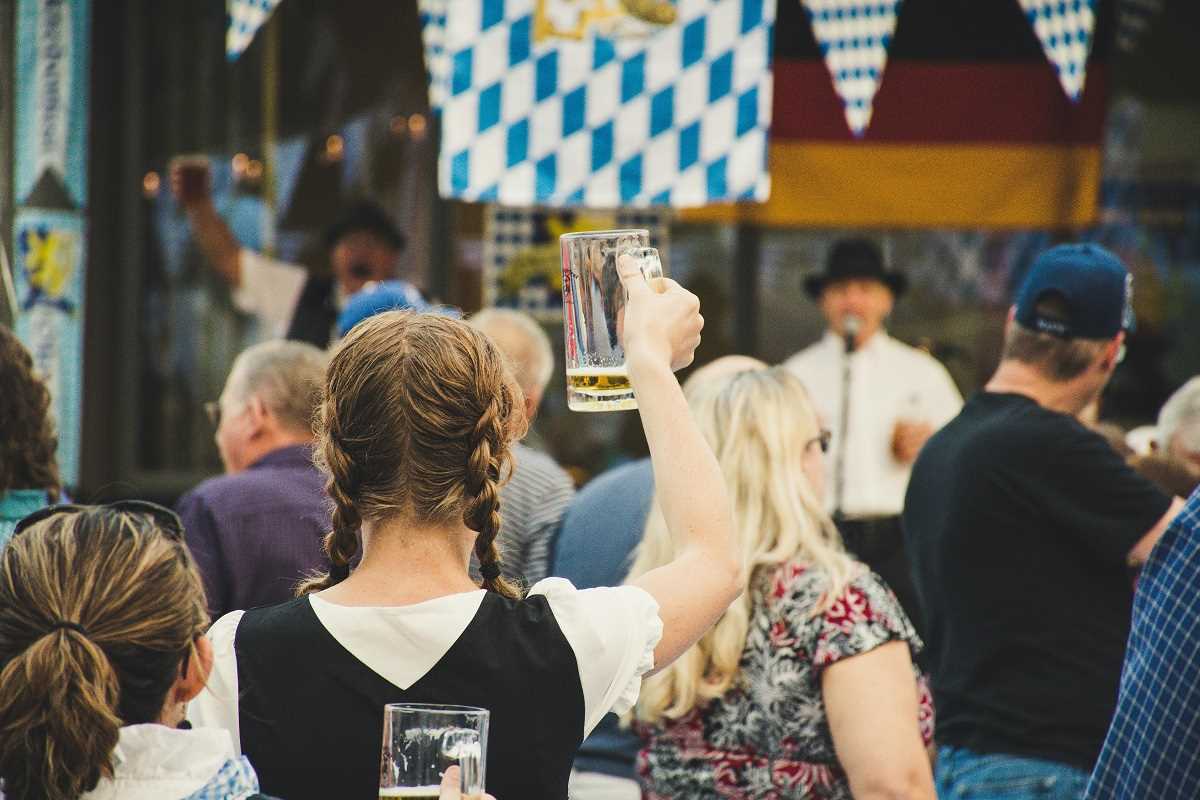 (Image via
(Image via